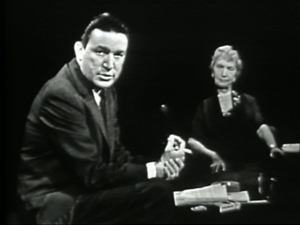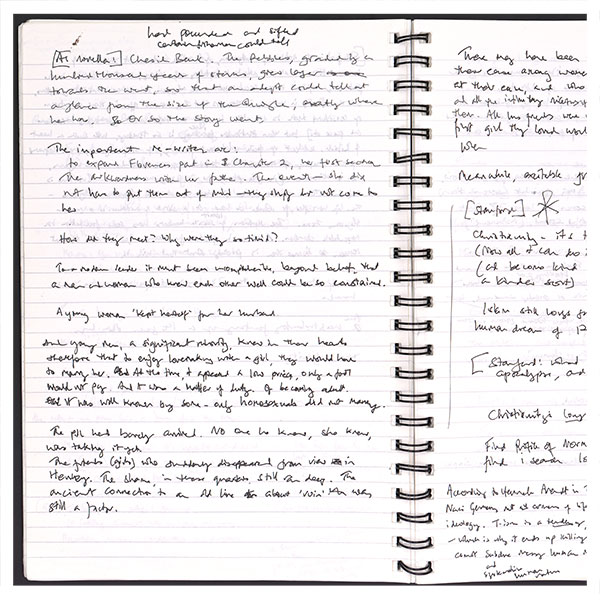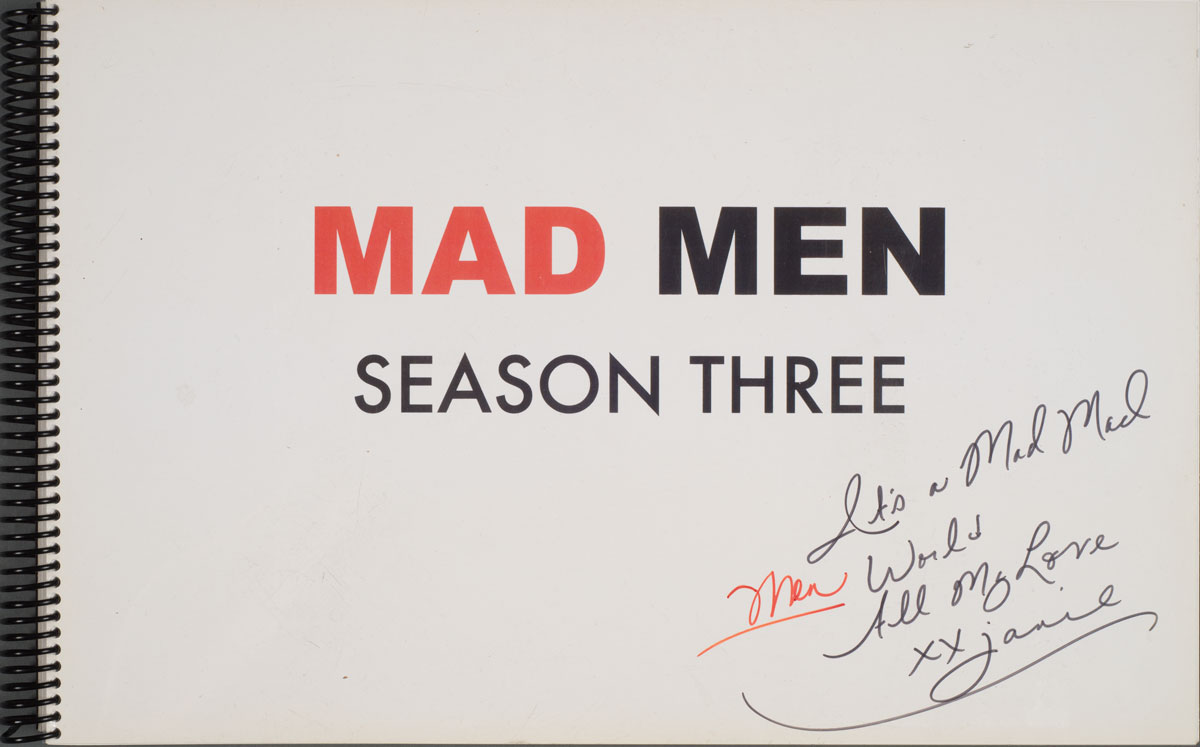The Harry Ransom Center spoke with Ian McEwan in 2014 about archives, contemporary British fiction, science and the humanities, and where to find paradise on earth. McEwan’s archive is accessible at the Ransom Center. [Read more…] about Interview with Ian McEwan
interview
Interview with Matthew Weiner, creator, executive producer, writer, and director of the series Mad Men
The archive for the acclaimed drama Mad Men, one of television’s most honored series in history, has been donated to the Harry Ransom Center. The donation was made by Matthew Weiner, the series creator, executive producer, writer and director; and Lionsgate, which produced the critically acclaimed series.
To mark this news, Weiner shares his thoughts on the value of archives, the show’s influence, and the storylines that got away. [Read more…] about Interview with Matthew Weiner, creator, executive producer, writer, and director of the series Mad Men
"What you are about to see is unrehearsed and uncensored"

“Whether you agree or disagree with what you will hear, we feel that none will deny the right of these views to be broadcast.”
-Mike Wallace
Mike Wallace rose to prominence in 1956 with the New York City television interview program Night Beat, which soon developed into the nationally televised prime-time program The Mike Wallace Interview.
Well prepared with extensive research, Wallace asked probing questions of guests framed in tight close-ups. The result was a series of compelling and revealing interviews with some of the most interesting and important people of the day, including Justice William O. Douglas, Frank Lloyd Wright, Pearl Buck, Salvador Dali, Oscar Hammerstein and Henry Kissinger. The interviews dealt with the issues of the times, including civil rights and the Cold War.
In the early 1960s, Wallace donated to the Ransom Center the show’s interviews on 16mm kinescope. The 30-minute interviews can be viewed online. Most of the episodes have not been seen on television since they aired.
Starting many of the interviews with “What you are about to see is unrehearsed and uncensored,” Wallace quickly became recognized for his tough questions and the forceful style for which he is still known today. Through the online videos, one can watch Wallace aggressively question his subjects, including Margaret Sanger about her support for birth control.
Almost half a century since their original broadcast, these interviews not only remain compelling and serve as a time capsule from the mid-twentieth century, but they also continue to resonate with many of the issues still being addressed today.

